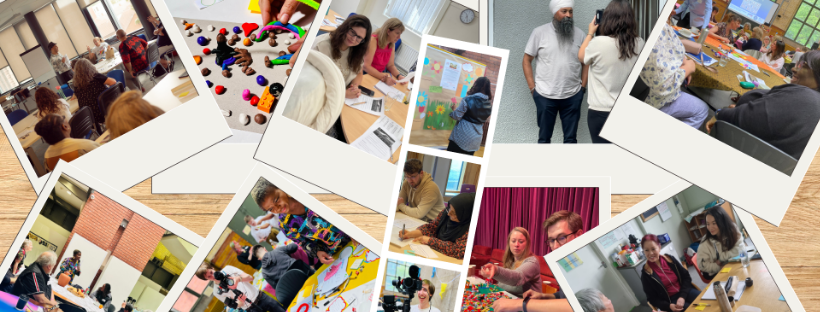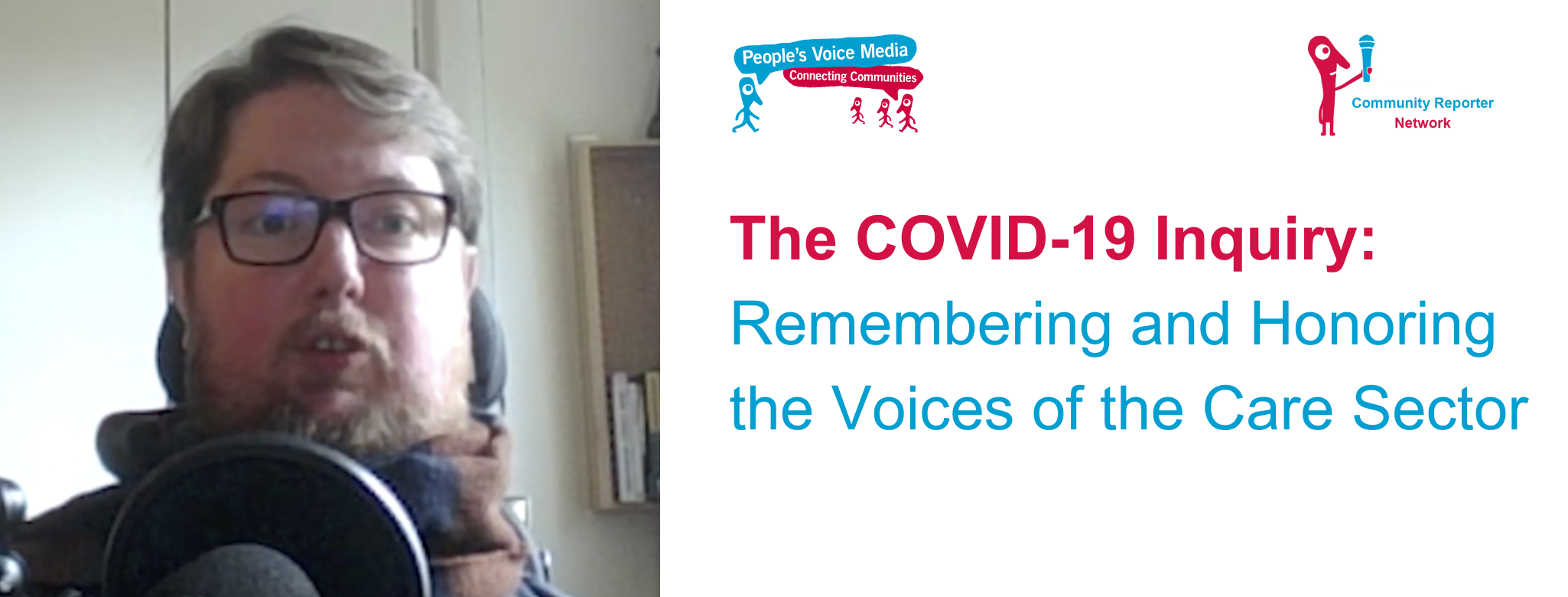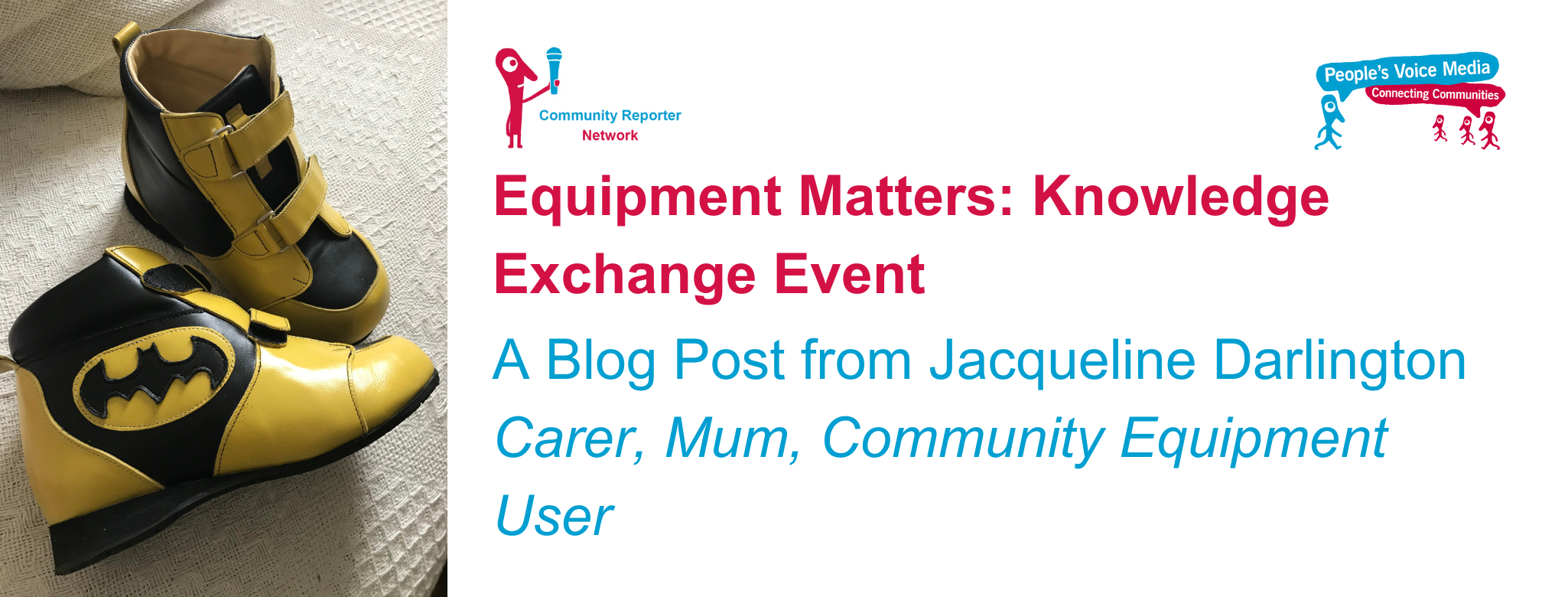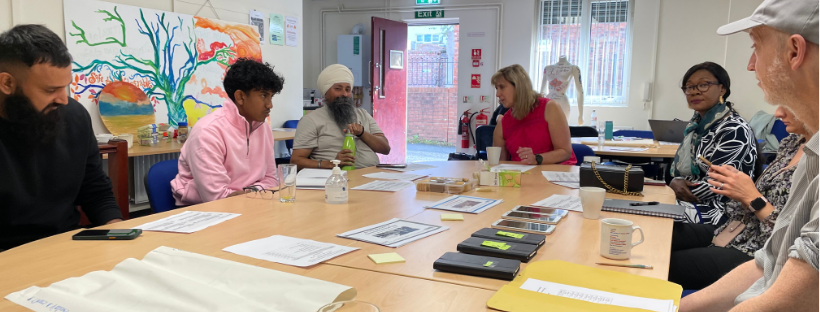CREATING A HANDBOOK FOR COMMUNITY RESEARCHERS: GUEST BLOG
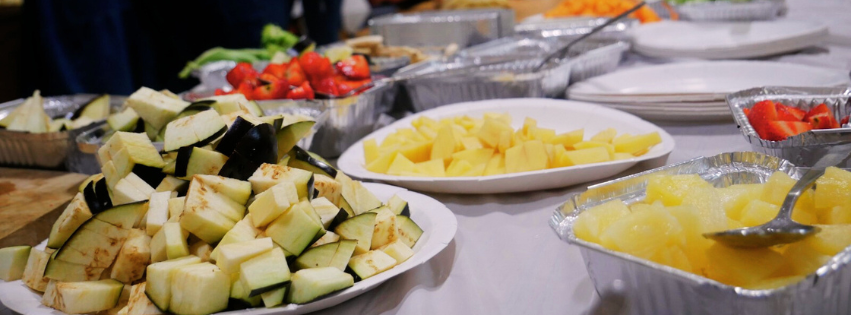
As some of our Community Reporter Network members will know, we host regular Community Reporter Catch-Ups where we share practice, news about our projects, and hear about what people across our network are up to. December’s meet-up was extra special as we were joined by a group of Community Researchers from the University of Reading, who have been working on a project about food, community and equality. They showed us the new handbook they’ve written together, which is a guide to becoming a Community Researcher. In this blog, Community Researcher Vandy Butcher shares her experiences of working as a Community Researcher and on putting together the guidebook.
How to become a Community Researcher – this book is a guideline we’ve created to help you decide if this is what you want to do, in a fun way! As I was put in the deep end and did not know what I was getting into, I hope it can be useful for you.
This book is about people who care about the community.
People in the community want change in all sorts of ways. Being a community researcher, what we do is to help get evidence and to share advice and to support the community. It’s not just about food, but what we found out will open up ideas on how to manage food better, maybe to make changes in your life.
We also looked at the policy in the food industry, how things are prepared, processed, the labelling on products, and getting offers which sometimes are overlooked when you do shopping.
I found working as a community researcher is very enjoyable, it has opened my eyes to a lot of things. I’ve made friends near and far with other community researcher visiting their towns, their workplace and sharing knowledge that helped to make this book.
I hope you enjoy reading it as I have enjoyed making it.
by Vandy Butcher.
Thank you Vandy for writing this blog to share your work with us, and thank you to all the Community Researchers who met with our Community Reporters back in December. We see lots of similarities between the roles and look forward to future opportunities to collaborate and share our learning and experiences.
